- ” study smart not hard ” i bet each and everyone of you must heard about this even for once . Many people thought study is all about go to the library and reading some books and stay focus in class ( this is important too ! don’t get me wrong) but i know it might gets boring and your concentration won’t last long ( depends on people) but well let me share a few tips on memory learning and how to improve your concentration based on what i’ve learned for this topic .
1. LEARNING PYRAMID
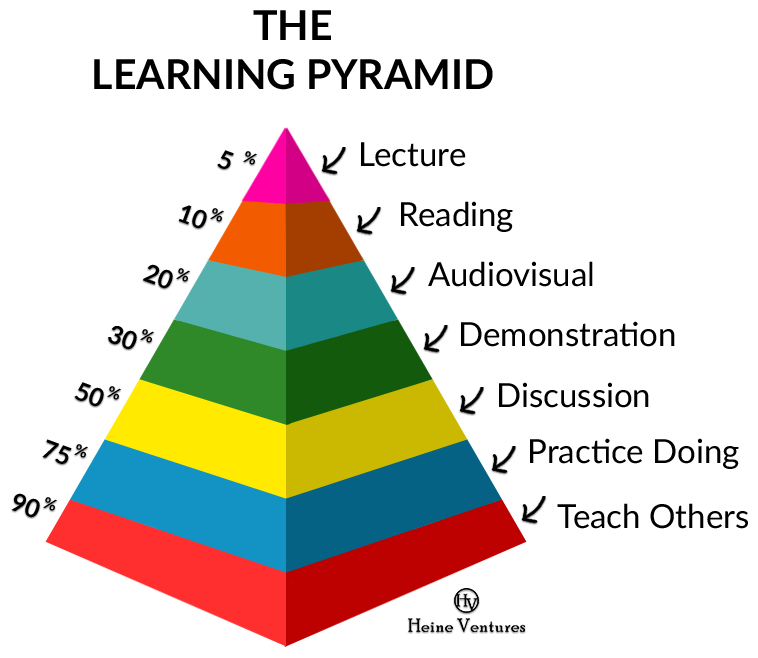
2. Do you know why brain humans are the greatest?
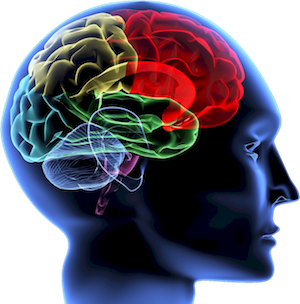
→ human’s brain is one of the largest & most complex organ
→ it is made up of more than 100 billions nerves that communicate in trillions of connection called synapes.
human brains are divided by two and both of them has different functions :
- LEFT BRAIN
- RIGHT BRAIN
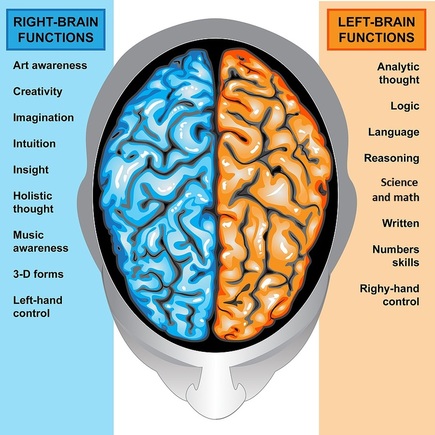
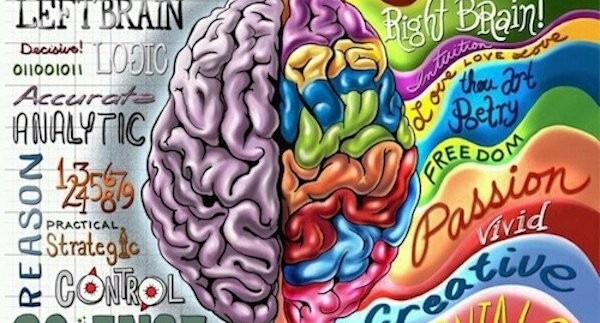
3. THE ANALOGY OF HUMAN BRAIN ARE LIKE A COMPUTER
what we watch , learn and remember , we’ll encode and retrieve the information that we see just like a computer’s components . WHY? let’s see how far this statement is true !

- Encoding / input ⇒ computer : keyboard , camera
⇒ human : 5 senses ( skin, eyes, nose, mouth, ears)
- Storage ⇒ computer : hard disk, pendrive/thumbdrive
⇒ human : 3 types of memory ( Sensory memory , short-term memory, long-term memory)
- Retrieval / output ⇒ computer : printer , computer screen
⇒ human : talking and writing
4. THE STORAGE ( RETAIN INFORMATION)

- SHORT-TERM MEMORY
– very restricted storage. some information must be repeated in order to remember it or else it will be forgotten. a process that allows information to be received and stored within a short period of 30 seconds to 24 hours
- LONG-TERM MEMORY
– the memory of the information is a long period. if the information is not being used , forgetting may be occur but depends on someone’s capability to recall that information
- SENSORY MEMORY ( lost unattended information)
-is temporary . memory that related to storage .
5. MEMORY STRATEGIES
- Massed practise (bad) – cramming , involves studying all materials at one time
- Space practise ( good) – involves some space time over some period for studying. taking breaks between learning sessions and allow you to think and organize the information.
- Break reading material down – no cramming for some period of time. for instance, 2 chapters per day
- Rehearsal – it involves repetition and practicing the materials until it is learned
- Elaboration strategies – acronyms, catchwords, catchphrases, acrostics
- Mind map
- mnemonics
- Imagery ( visualize the image )
- organizational strategies
6 .CAUSES OF POOR CONCENTRATION

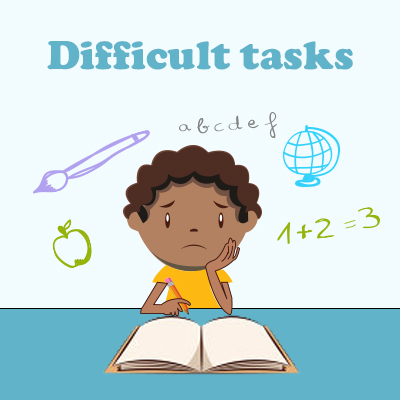
- Lack of attention
- lack of interest
- lack of motivation
- distraction from others ( couples, playing games)
- uncomfortable environment
- physiological matters ( illness, tiredness )
- psychological matters ( personal problems, worries, anxiety)
7. READING/ STUDY SYSTEM ( SQ3R)

